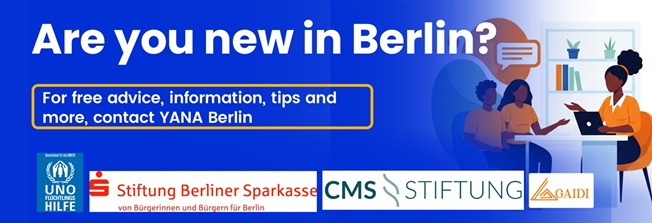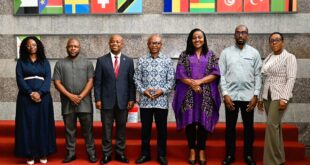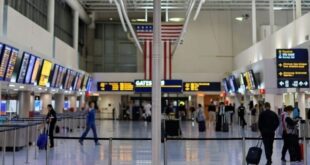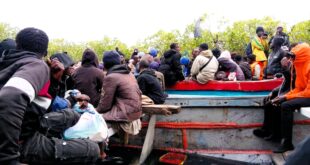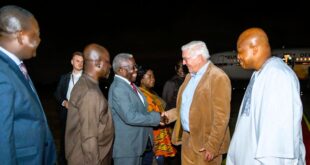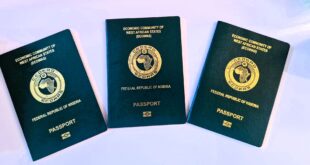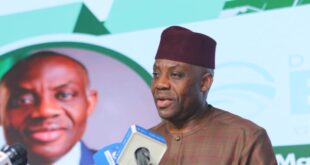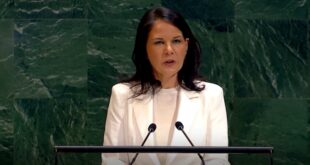German Chancellor Olaf Scholz visited three African countries in his first trip to the continent since assuming office from 22-24 May.
According to the German media, the aims of the trip are to seek new sources of energy imports for Germany, pursue closer trading relations with Africa as well as cooperation on issues of the climate and anti-terror fight.
Chancellor Scholz’s first port of call during the three-day tour was Senegal where he met President Macky Sall and promised to collaborate with the country to exploit the massive gas deposit off its coast.
It made sense to “intensively pursue” such cooperation, the Chancellor said after talks with the Senegalese leader in Dakar. Sall stressed that Senegal was ready to supply gas to Europe.
The Chancellor also expressed his willingness to cooperate more closely on renewable energies and visited a solar plant at the end of his stay in Dakar.
Scholz’s visit to Niger, his next stop, was to seek closer partnership with the country in its fight against Islamist insurgency in the Sahel and he visited the 200 German troops serving in the European Union Training Mission stationed there. “The Bundeswehr is doing an extraordinary job here and has also achieved extraordinary things under very difficult conditions,” Scholz said.
The Chancellor’s last stop, South Africa, served to intensify the existing close economic ties between the two countries. South Africa is Germany’s biggest trading partner in the continent.
“As South Africa, we attach the greatest importance to our relations with Germany, which is our second largest trading partner, a major investor in our economy, a significant market for inbound tourism and a valued partner in development,” President Cyril Ramaphosa said at a joint press conference after talks in Pretoria.
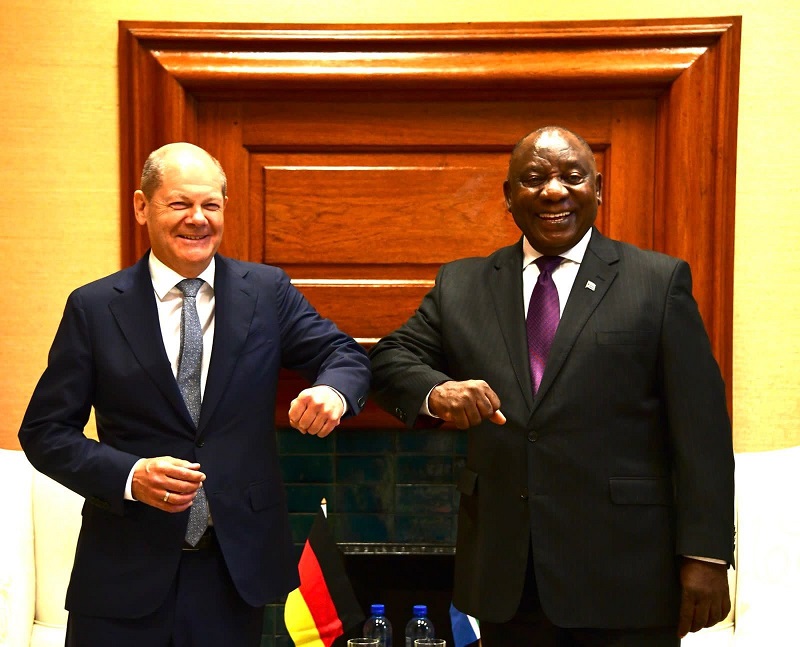
Everywhere he went during the visit, Chancellor Scholz was not able to win his hosts to his side on the Russia-Ukraine war. The dominant attitude in Africa is that the continent had enough problems to contend with and would therefore not be dragged into a European war.
Senegalese President Sall, who is the current Chairperson of the African Union, said his country condemned Russian aggression but did not want to be a party to the conflict. He appealed for a negotiated solution.
South Africa, which is linked to Russia in the Brics alliance, has always called for a diplomatic solution to the war, refraining from condemning the Russians. A position that President Cyril Ramaphosa reiterated to Chancellor Scholz in Pretoria.
The disagreement between the two leaders on Ukraine was very obvious at the press conference they addressed after their official meeting. “Chancellor Scholz and I discussed a whole range of issues including Russia and the Ukraine. I indicated that as South Africa we would like the conflict to come to an end and that we call for a cessation of hostilities, which must be done through negotiations and dialogue,” President Ramaphosa said.
“It’s clear that the major challenge is now for Ukraine to defend its integrity and sovereignty. And we’re all in agreement that there must not be a violent new delineation of borders,” Scholz said.
President Ramaphosa criticised the sanctions that Germany, the European Union, the US and others were imposing on Russia. These sanctions were having “an overarching impact”, causing suffering even to bystanders to the conflict, he said.
Many African countries have so far refrained from a clear condemnation of the Russia-Ukraine war. In the vote in the UN General Assembly on the condemnation of the Russian invasion, 141 of the 193 UN member states voted in favour, five against, including Eritrea. Among the 35 abstentions were China, India and Brazil, as well as 17 African states, including South Africa and Senegal.
Despite the disagreement on Ukraine, the German chancellor’s visit, coming relatively early in his tenure, is viewed as a positive sign that his government would pursue closer economic ties with the continent.
Scholz’s predecessor, Angela Merkel, visited Africa nearly two years after taking office. So far, Chancellor Scholz has only visited his closest allies outside Europe – the USA, Israel and Japan.
Security and economic experts say for Europe to become independent of Russia for its energy imports, it has to work more closely with Africa which boasts huge oil and gas deposits.
Felix Dappah
 THE AFRICAN COURIER. Reporting Africa and its Diaspora! The African Courier is an international magazine published in Germany to report on Africa and the Diaspora African experience. The first issue of the bimonthly magazine appeared on the newsstands on 15 February 1998. The African Courier is a communication forum for European-African political, economic and cultural exchanges, and a voice for Africa in Europe.
THE AFRICAN COURIER. Reporting Africa and its Diaspora! The African Courier is an international magazine published in Germany to report on Africa and the Diaspora African experience. The first issue of the bimonthly magazine appeared on the newsstands on 15 February 1998. The African Courier is a communication forum for European-African political, economic and cultural exchanges, and a voice for Africa in Europe.

